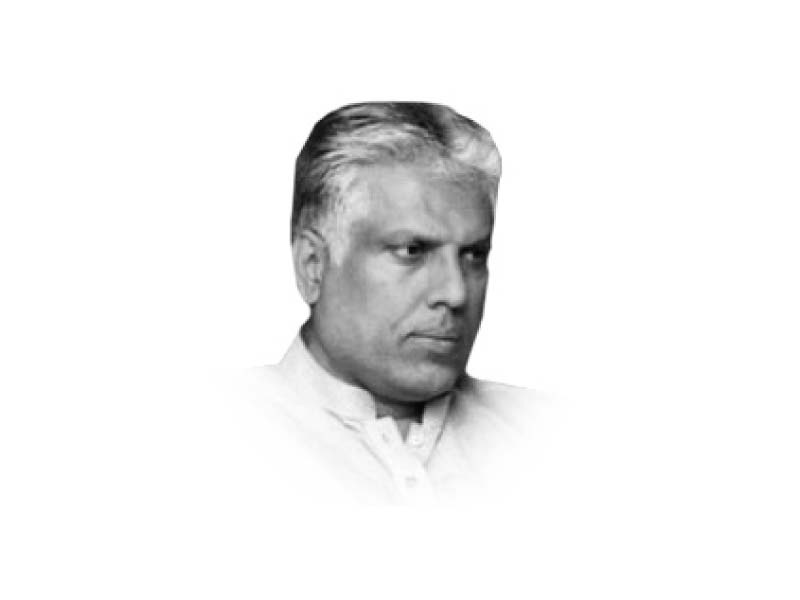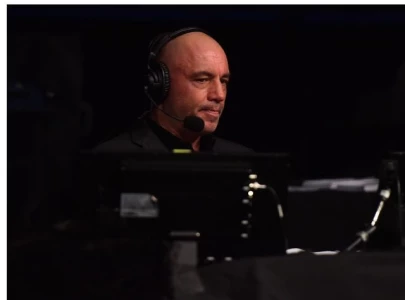
Pakistan’s position as the third-to-last country on the Global Gender Gap Index 2020 (151/153) is a cause for concern. The index represents Pakistan’s poor performance on education, politics, health, and economy and demands urgent attention as more than half of Pakistan’s population comprises women.
We often hear about the inadequacies in dealing with gender issues, but progress should be equally highlighted. Pakistan’s national and provincial government is working in tandem to bridge the gaps and utilise women’s potential for the country’s economic growth. Currently, the Punjab Growth Strategy 2023 with its focus on women development can be seen as a steppingstone towards achieving gender equality. With women making up 49% of Punjab’s population, the incumbent government has prioritised all interventions to promote women’s role in social, political, and economic spheres of life. The provincial planning has been laid on the idea that 1% increase in the overall employment level improves the gender parity index by almost 0.8%. This means that promoting women’s economic empowerment can be one of the most effective ways to attain a sustainable gender parity in the province.
In the forefront of the vision for a gender-sensitive Punjab, the Women Development Department (WDD) has been proactive in taking the lead to develop the first ever Punjab Women Development Policy. This policy aims to systematically eradicate explicit and implicit gender discrimination across all spheres of society and address the range of women development challenges. Being a multi-sectoral, cross-cutting policy, a validation session was held to finalise the implementation framework and ensure this policy is followed in true spirit. Being the first-ever policy at the provincial level, this is a major milestone on the road to a progressive Punjab.
Furthermore, the Working Women Hostels and Day Care Centers are commendable initiatives that have aided the provincial efforts towards achieving SDG 5. At the heart of these initiatives is the acceptance of the challenges women face to progress in their careers. To facilitate women to strike a balance between work and home, day care centres have been introduced across Punjab. Currently, 68 DCCs have been established and 137 will be operational by the end of 2020. Additionally, 16 Working Women Hostels have been constructed in 12 districts to provide safe and economic residential facilities for women. Both projects are aimed at encouraging women to work, a support the incumbent government promises to continue.
According to recent analysis, Pakistan’s women-owned micro enterprises — usually smaller than their men-owned counterparts — are 8% more likely to lose their entire revenues during Covid-19. These uncertain times have adversely affected women, depriving them of many economic opportunities. To counter this impact and aid women to build their skills, WDD in collaboration with Paigham-e-Pakistan launched an e-training programme. This diploma is a sign of how we need to adapt and deliver in current times. Aimed at building women’s capacity through virtual training, this initiative has promoted skills for women to work from home and safeguard their economic independence.
Around the world, Covid-19 has changed the landscape of governance and public service delivery. There is a need to mitigate the virus’ adverse impacts that are exacerbating gender inequalities. For this, WDD has leveraged its services to support women. The Punjab Women Toll-free Helpline (1043), with its team of women call agents, counsellors and legal advisers, aims to provide a vigilant response to the psycho-social needs of women with a special focus on gender-based violence. Many cases have been successfully dealt with, giving us hope that with initiatives tailored to changing times, progress is possible.
Progress for women is extremely important for a developing country like Pakistan. If development projects continue to build gender inclusivity, growth will surely be inevitable.
Published in The Express Tribune, August 9th, 2020.
Like Opinion & Editorial on Facebook, follow @ETOpEd on Twitter to receive all updates on all our daily pieces.

1726728390-0/BeFunky-collage-(7)1726728390-0-165x106.webp)
1728297472-0/Fousey-(1)1728297472-0-165x106.webp)

1730806672-0/diddy-(37)1730806672-0-165x106.webp)









COMMENTS
Comments are moderated and generally will be posted if they are on-topic and not abusive.
For more information, please see our Comments FAQ